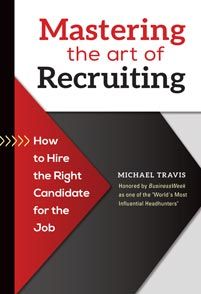
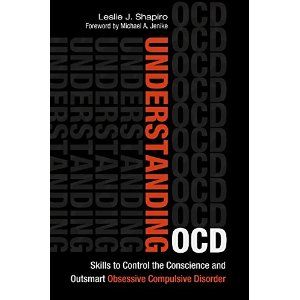
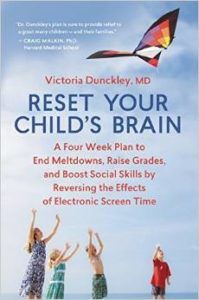
As I thought about the client books that have recently gone on pre-order, I wondered two things:
1. What can I share with you about their experiences that can help you get published?
and
2. How can I help these outstanding new authors reach readers?
So, let’s start with what you can learn:
1. Research and Be Fresh: All three of these authors looked at related books on the market to assess what has already been said and what they have to offer that’s fresh. Have you? If this questions stumps you, think about why people come to you for help or hire you? What specific information, perspective or qualities do you bring to the table that your clients or community most value?
2. Know Your Market and Think Like Them: All three authors spent time thinking about their core readership. Ask yourself, “Who are my readers? What are they looking for? How can I help them in a way that deeply addresses their needs and speaks to them in a voice that resonates for them?”
3. Offer Solutions to the Problems that Aren’t Being Solved: All three authors solved a problem that was still largely going unsolved in their target markets. In Mike Travis’ case, companies were hiring the wrong candidate for a high level position, or hiring a good match but not supporting them to stay. At times, the companies had not done their homework in assessing the candidate’s needs. In Leslie Shapiro’s case, OCD sufferers were either plateauing or getting better only to relapse due to an aspect of OCD that was not generally understood or treated. In Dr. Dunckley’s case, parents often sensed that electronics were negatively impacting their children’s mental health, but they didn’t know how to address it–and how to get support to make sustainable changes to help their kids. They felt overwhelmed by societal pressures and often had no idea how to take back some of their power as parents. Can you identify the big problem your book addresses or an aspect of the problem that is not generally being solved?
Okay, ready for part 2? Will you help me support these new authors to reach readers? Do you know anyone who can benefit from the important information in these 3 groundbreaking books? Here’s a bit more about the books–please share with anyone who can benefit–or who works with a population who can be helped by these three terrific books:

Mastering the Art of Recruiting: How to Hire the Right Candidate for the Job by Michael Travis will be published January 31 by Praeger, a division of ABC-CLIO, and is currently available for pre-order. Mike Travis is a veteran recruiter at the c-level who knows what it takes to secure great hires every time. You will not only learn how to hire these folks, but the all-important how to retain these great hires.
 Understanding OCD: Skills to Control the Conscience and Outsmart Obsessive Compulsive Disorder by Leslie Shapiro comes out Mar 30, 2015, also published by Praeger, and is currently available for pre-order. The book offers a new angle on understanding the suffering people with OCD experience due to the conscience-related symptoms (such as guilt) that are often overlooked in treatment. It is a resource that provides strategies for sufferers and those who support them, students, professionals, clergy, and anyone whose life is touched by OCD. The author is a behavior therapist who has been treating OCD and related disorders since 1989, and continues to provide treatment for patients at the OCD Institute where she has worked and done pioneering research since its inception. Early in her career, Shapiro developed an expertise in addressing the conscience related aspects that underlie almost all types of OCD symptoms.
Understanding OCD: Skills to Control the Conscience and Outsmart Obsessive Compulsive Disorder by Leslie Shapiro comes out Mar 30, 2015, also published by Praeger, and is currently available for pre-order. The book offers a new angle on understanding the suffering people with OCD experience due to the conscience-related symptoms (such as guilt) that are often overlooked in treatment. It is a resource that provides strategies for sufferers and those who support them, students, professionals, clergy, and anyone whose life is touched by OCD. The author is a behavior therapist who has been treating OCD and related disorders since 1989, and continues to provide treatment for patients at the OCD Institute where she has worked and done pioneering research since its inception. Early in her career, Shapiro developed an expertise in addressing the conscience related aspects that underlie almost all types of OCD symptoms.
 Reset Your Child’s Brain: A Four-Week Plan to End Meltdowns, Raise Grades, and Boost Social Skills by Reversing the Effects of Electronic Screen-Time is being published by New World Library.
Reset Your Child’s Brain: A Four-Week Plan to End Meltdowns, Raise Grades, and Boost Social Skills by Reversing the Effects of Electronic Screen-Time is being published by New World Library.
Victoria Dunckley, MD, was treating some of the toughest cases–including kids on cocktails of multiple prescription drugs who were just not getting better. She almost always found that addressing electronics improved their mental health across the board. And many of these patients actually got so much healthier that they no longer needed medication.
The more she looked into research about electronics, the more convinced she became that this was the biggest culprit in affecting children’s emotions, grades, social skills and mental health. However, two big challenges were helping parents understand the research and specific effects of electronics (in order to motivate them to make changes) and providing a program that could support parents to make changes in electronics usage within the context of a society that makes this difficult.
My personal opinion? Every parent should read this book and at least understand the specific effects of electronics on brain development and functioning.
Please share this post with anyone who can benefit from these books–and I hope the author lessons help you with publishing yours. Do you have questions on how to get published? Share them as a comment below.

 As we prepare for the final class of my Bring Your Book to Life® Program–a bonus call with literary agent Jody Rein–a participant sent in one of the most exciting questions you can imagine. A traditional publisher is interested in her book after reading the proposal. They had a few questions for clarification before bringing the book proposal to the editorial board.
As we prepare for the final class of my Bring Your Book to Life® Program–a bonus call with literary agent Jody Rein–a participant sent in one of the most exciting questions you can imagine. A traditional publisher is interested in her book after reading the proposal. They had a few questions for clarification before bringing the book proposal to the editorial board.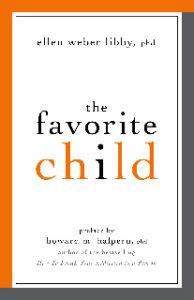
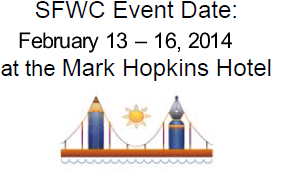 The first writers conference I ever attended was offered by the International Woman Writers Guild. It was both magical and instrumental to my publishing success.
The first writers conference I ever attended was offered by the International Woman Writers Guild. It was both magical and instrumental to my publishing success.





 Sometimes people feel demoralized when they hear they need a huge platform to get the interest of a large traditional publisher. So I thought I’d provide some myth-busting, clarity and hope on the subject.
Sometimes people feel demoralized when they hear they need a huge platform to get the interest of a large traditional publisher. So I thought I’d provide some myth-busting, clarity and hope on the subject.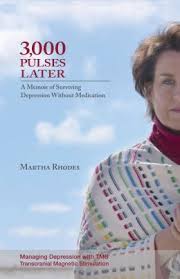 5. Consider self-publishing. There are many advantages–you’ll have your book sooner, you have control, you can make changes more easily, you make more money per book–and the list goes on. Platform never has to stop you from publishing your book. Maybe you don’t even need to sell a huge number of books for your book to make the kind of impact on your life, business and other people’s lives that you are looking for. Bring Your Book to Life Program graduate
5. Consider self-publishing. There are many advantages–you’ll have your book sooner, you have control, you can make changes more easily, you make more money per book–and the list goes on. Platform never has to stop you from publishing your book. Maybe you don’t even need to sell a huge number of books for your book to make the kind of impact on your life, business and other people’s lives that you are looking for. Bring Your Book to Life Program graduate 